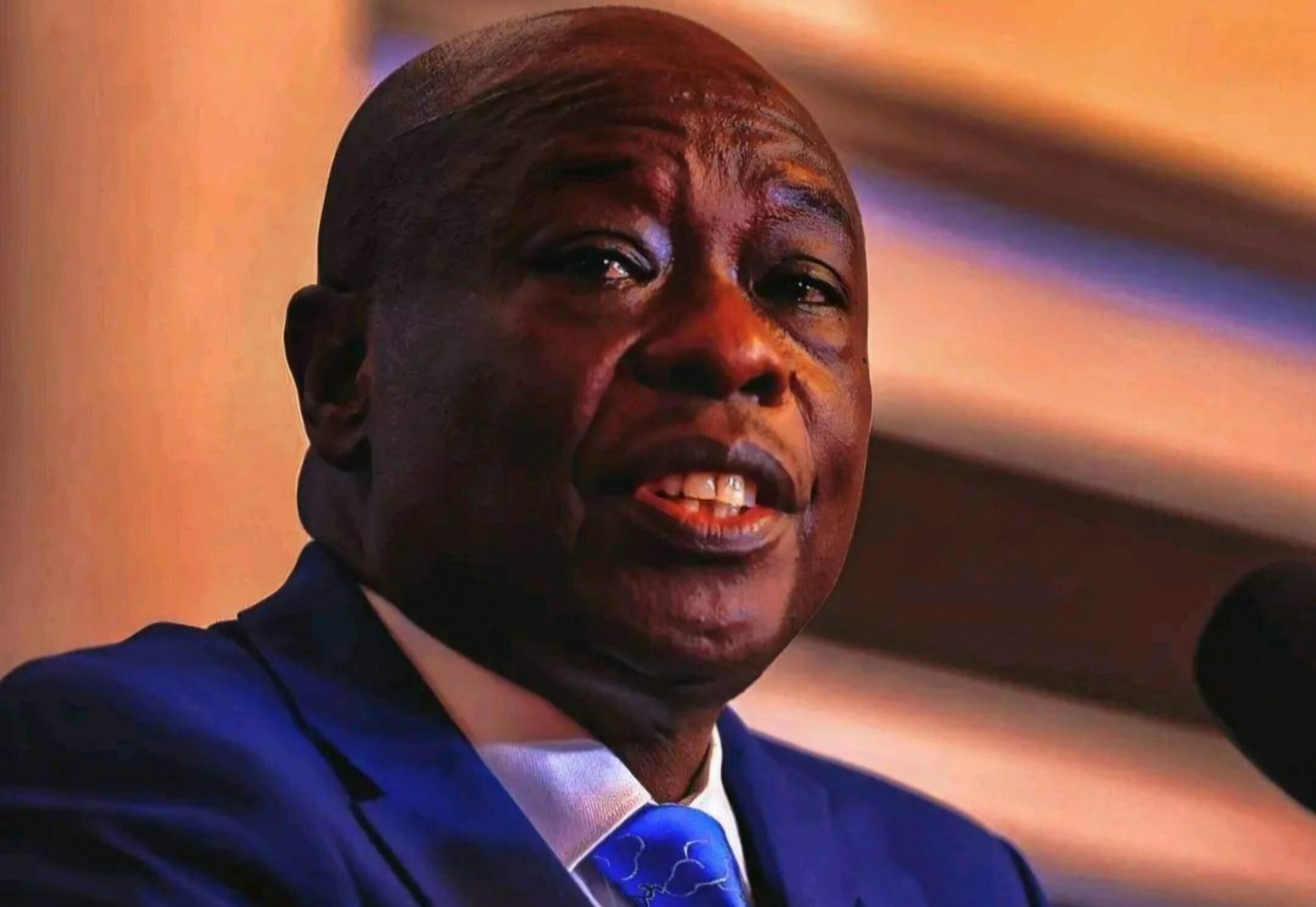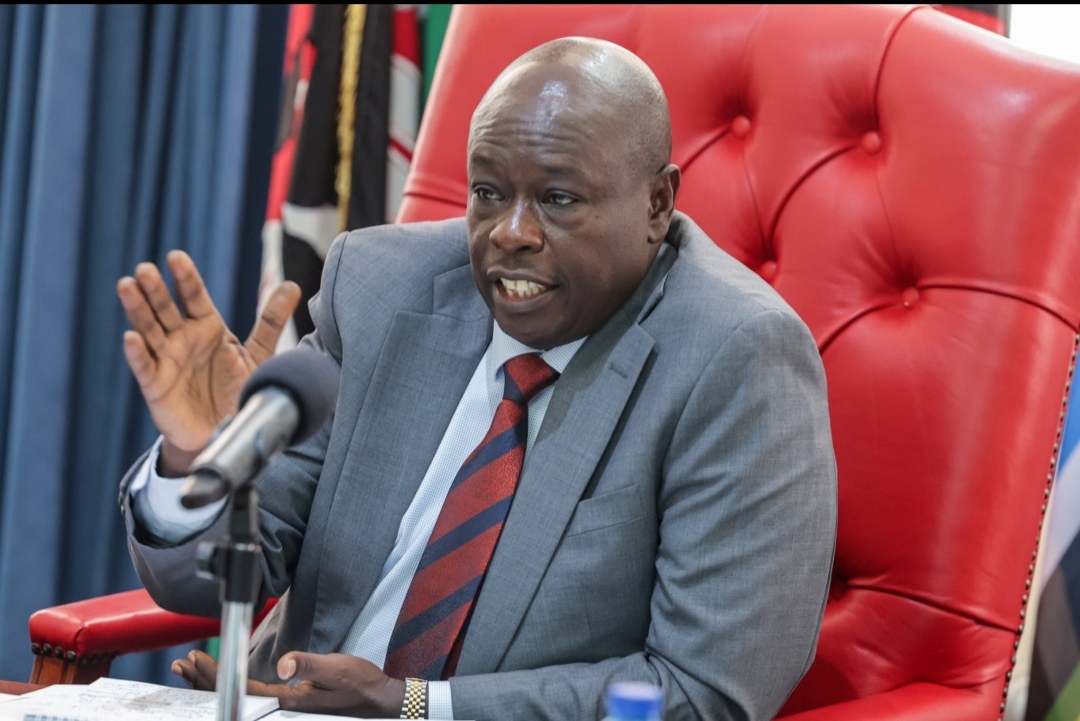Ngwatilo Mawiyoo: A life of art
Acclaimed poet, writer and performing artist, Ngwatilo Mawiyoo has presented her remarkable work across Africa, Europe and North America and has also been published in various literary journals in Kenya and abroad. She talks to EDNA GICOVI about her artistic pursuits, publishing her anthology and her most recent research project that requires her to live with 20 Kenyan communities over 200 days.
Sometime in July 2011, I was offered a ticket to an event dubbed: This is Ngwatilo. I had no idea what it was about and neither did the kind giver of this ticket. She thought it was a concert of sorts. It didn’t sound very interesting. I wasn’t very enthusiastic about it but attended it (late) nonetheless. I caught the last hour of a show that turned out to be a most pleasant artistic fusion of poetry and music. A petite young lady dressed in bright African prints and who seemed to be the lead sat on a long stool surrounded by a few other ladies dressed in equally bright and eye-catching designs. I later found out that the young lady was Ngwatilo Mawiyoo, after whom the event was eponymously named.
I almost missed out on an amazing show. I have since become acquainted with some of her work, which can be found online and also in published form. I had the opportunity of interviewing for this column and it turned out to be a most pleasant experience.
Ngwatilo, 29, is a soulful and lively being. She speaks eloquently and laughs easily with an infectious laugh that I couldn’t help but join in from time to time. Her long running love affair with art in its different forms started early. She wrote songs and sang in church regularly, and also performed in various capacities as a little girl, actions that somewhat moulded her into the artist she is today.
The first of two children, she humorously regards herself the quintessential Nairobian, having been born at the Nairobi Hospital, raised in Nairobi, attended the Nairobi Primary School and later Moi Nairobi Girls High School. “It’s too bad I missed out going to the University of Nairobi to make me the complete Nairobian,” she says with a chuckle. Her family moved to Tanzania owing to her mother’s job and she had to leave Moi Girls while in form three. She joined an international baccalaureate (IB) programme, completing the rest of her high school education in Tanzania.
Ngwatilo had considered a number of options to pursue for higher education including law, political science, and international relations, among others. She however ended up pursuing music at the St. Lawrence University in Upstate New York after receiving a scholarship. She also studied creative writing extensively after she discovered and developed a vast interest in the art form. By her final year at the university, she had already begun to venture into different ways of combining these two art forms she had grown to love.
Poem at first sight…
She wrote what she considers her first poem while on a field trip in rural Gauteng in South Africa. She was there on an independent research fellowship. Previously, she would have considered what she had written as an unfinished song, owing to her musical background and interests.
In the course of her time away from home, the issues that faced those like her who lived, worked or studied in the Diaspora were of utmost interest and concern to her. A great deal of the poetry she wrote at this time focused on these issues and would later end up in her first anthology.
She returned to Kenya after five years at the end of 2007, just before the onset of the post-election violence and spent time with her elderly grandfather at their rural home in Kitaingo in Makueni County. Following the events of 2007/2008 post-election violence, Ngwatilo reedited and recorded a poem she had written before titled Flag and Future. It was about the trouble of our context as Kenyans and the hope she had in our collective future. Flag and Future went on to be played on some national radio stations like Kiss FM and Capital FM and later on BBC radio. “At the time I was just doing something I felt, not knowing where it would take me,” she says unassumingly.
The same year marked the beginning of Ngwatilo’s exploits on the small screen as she landed a supporting role on the local comedy,’ Inspector Mwala, and later on a lead role on M-Net’s Africa-wide TV drama ‘The Agency’. It was still unclear to her where her artistic journey was leading. “I decided to just go with the flow and be there, give it some time and see where it took me,” she says. ‘Makutano Junction’, a weekly drama series, which shows in various African countries, is another one of her notable credits.
Ngwatilo also continued writing poetry and has presented her work at various festivals and literary events in Africa and Europe including the Stockholm International Poetry Festival and the Ord Sprak Festival in Sweden, the Arts Alive Festival and Poetry Africa in South Africa, the Harare International Festival of the Arts (HIFA) in Zimbabwe, the Berlin International Poetry Festival in Germany, among others. She also performed and taught various poetry workshops across Denmark. Her work has also been published in various literary journals in Kenya and abroad and translated into German and Swedish.
“The travel experiences have been really good for finding mentors and finding out the potential for what I do, and also having more contemporary poets to read,” she says.
Ngwatilo met Shailja Patel, an internationally acclaimed Kenyan poet, at a poetry festival in Stockholm as she was selling copies of her anthology at the festival. She inspired Ngwatilo to get her work published. “By that time I had a collection of poems I started writing in 2006 ready to be published,” she says. Ngwatilo strongly felt that she had to publish her anthology as soon as she could. “I knew that if it stayed much longer, it would become irrelevant,” she says.
Thus Ngwatilo’s first book, Blue Mothertongue was published in early 2010. The book contains a collection of poems set in Nairobi and the African Diaspora that deal with impressions of identity, loss and healing. She stresses the importance of artists having a body of work. “It’s like your CV as an artist. A musician has an album; a designer has a portfolio and so on. It’s a statement of who you are, what you think and what is important to you. It also shows what you can do,” says Ngwatilo, adding that people started to take her more seriously as a poet after she published Blue Mothertongue.
“You can show up at any open mic event and perform a great poem but performance is ephemeral. People leave and forget. Until it is published, somehow it almost doesn’t exist,” she says.
Ngwatilo debuted ‘The Puesic Project’, a performance project of poetry from her collection Blue Mothertongue at Alliance Francaise in Nairobi in December 2010. She defines puesic (pronounced pew-zik) as a fusion of music and poetry, and other art forms like dance and film. “It is using different art forms including music to perform a poem. It’s a collaboration of different artistes to tell a poem,” she further explains.
In July 2011, she released her first EP album Introducing Ngwatilo, which she launched at the Michael Joseph Centre in Nairobi. The album features poetry and novel collaborations with some of Kenya’s most talented musicians including Kavutha Mwanzia-Asiyo and Sara Mitaru, among others.
Ngwatilo is inspired by identity and the things that create and shape it, and also the happenings in contemporary society. She maintains that we need to be deliberate about creating and articulating our identity as individuals and as a society, and also deciding what parts of our identity to keep, lose or absorb from other places.
This Kenyan Life…
Currently, Ngwatilo is working on a project dubbed:’ This Kenyan Life’ that explores the lived experience of diverse rural Kenyan communities. The project was born out of her creative journey and her time abroad when she sought to answer the question of what it truly meant to be Kenyan at home and abroad. She states on the project’s website that this particular journey “required that she come home and ask old and new questions of herself and her family and broader questions of her community. She needed to define her community, first it’s urban and global expressions and now in its local, rural expression.”
As part of the project, she endeavours to live with 20 diverse rural Kenyan families and their communities over 200 days, living with each family for 10 days each. She also plans to document her experiences and record individual accounts from various families and persons in these communities.
“We don’t know much about each other. We only know and see each other through our filters. There’s implicit value in every place, person and experience. That’s the premise of the project. It’s me taking my time and resources to go and discover different places and people in Kenya,” she says.
So far, she has spent 50 days with six families but interacted with many more along the way. Despite facing various hiccups along the way, Ngwatilo is determined to see the project through. She says that it has forced her far out of her comfort zone. Through the project, Ngwatilo hopes to inform, among various multimedia products, the writing of a second book of poems. She believes that, if used well, ‘This Kenyan Life’ can help us frame the future and create more knowledge and possibilities for ourselves, and each other, as Kenyans.
Apart from poetry and performance, Ngwatilo does voiceovers for advertisements from time to time and also shares the lessons she has learned on life and poetry through high school visits and creative writing workshops.
She encourages aspiring poets to focus on their writing. “At times poets get so absorbed in performance that they forget writing, which is the core. Focus on the text, and then it will teach you how it needs to be said. Poets should also imagine new things. We can’t do the same old thing all the time and expect our work to have much impact. People will applaud now then it will soon be forgotten,” says Ngwatilo in conclusion.
Published on February 2013




